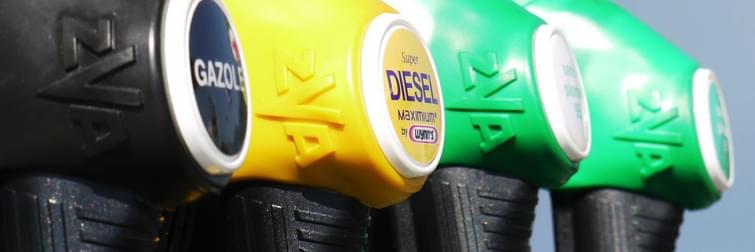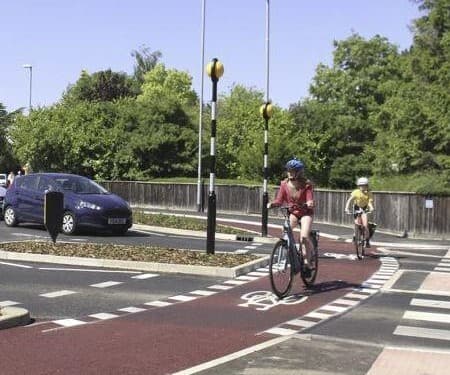
blog: Spring Statement - Initial Reaction
Tuesday 29th March 2022
There were no real surprises to be expected in this year’s Spring statement – on the back of Covid, the crisis in Ukraine, and the rising ‘cost of living’ (and associated inflation), I guess it was inevitable that the focus was on trying to help people out in their day to day lives in the immediate term. So, the Spring Statement wasn’t really a barometer of national policy priorities, more a short-term opportunity to sure up some areas of public spending and give back a little to those most affected by rising prices. But nevertheless, one item did stand out as particularly ‘news-worthy’ from a transport planning perspective.
It is of course the 5p per litre immediate reduction in fuel duty, which according to the BBC results in a £3.30 saving on the cost of filing up a family car. In normal circumstance, any price reduction would lead to a likely increase in consumption (the cheaper it is to drive, the more people chose to travel by car), thus reducing any hypothetical saving, but allowing a small increase in car-based travel to take place.
But these aren’t normal times, and after all 5p per litre is within the weekly variability that we have seen in petrol prices over recent months, so it’s hard to directly relate price to usage in the very near term – not least as the 5p reduction might well be eroded by rising prices in just a few days if the latest trends are to continue.
However, what it does tell us, is that at a time of crisis we seem willing to compromise on our carbon reduction targets – which is a concerning inevitability it seems, and a warning sign as to whether the already ambitious targets set out by Government, and endorsed at COP26 have any chance of being realized.
But what else could have been done. Well by my rough and ready calculations the 5p reduction in fuel duty will cost the Government around £2.5bn over the next 12 months (given we consume around 50bn litres of fuel for our vehicles each year). That’s quite of lot of cash in transport budget terms, and for example could have been used to invest in:

- Around 2.5m free electric bikes to allow prioritized low-income groups to increase their accessibility whilst significantly saving costs
- Introduce an area wide mass transit network to cover a major metropolitan area (such as Leeds, that amazingly still has no such provision)
- 17,000 km of resurfaced cycle route (or 5,000 km of new strategic cycle route)
- Halving bus fares across our main urban areas for a 6 month pilot period (as per the strategy in New Zealand – albeit they also cut fuel duty!)
So, for the very short-term savings in the pocket of motorists, we could have had a significant boost to measures that would have allowed people to embrace more active, cleaner, healthier and cheaper forms of transport, with significant reach and impact, helping to mitigate against rising petrol prices, reducing our reliance on fossil fuels and having a direct positive effect on our carbon reduction targets. As a transport planner, it seems odd that we chose the 5p price reduction option in these circumstances?
ITP has extensive expertise in transport strategy, business case and economic appraisal, so if you’re considering how best to spend your budget, or secure external funding, then please do get in touch….
